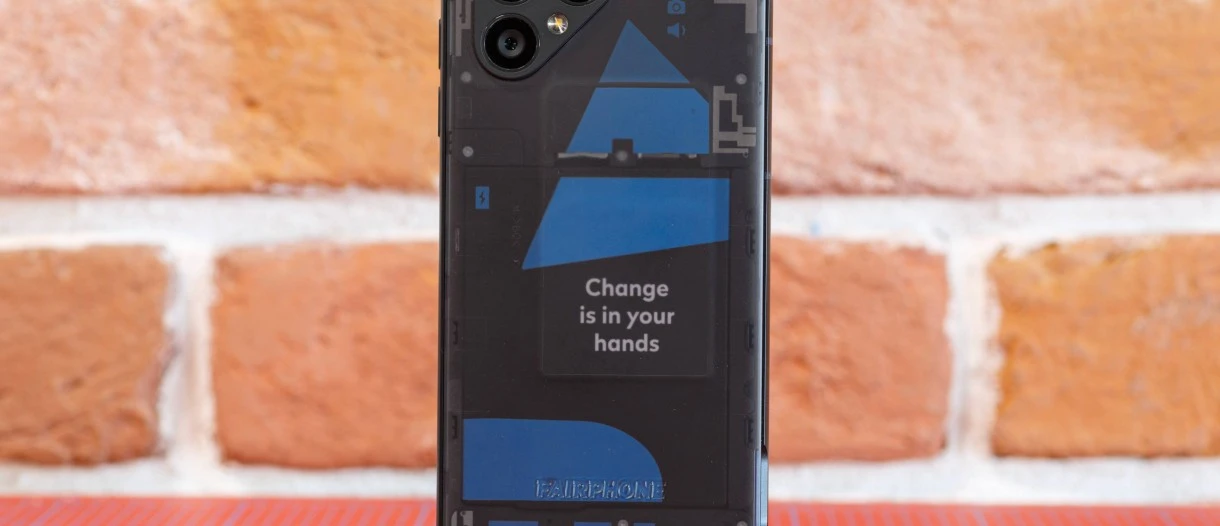Fairphone wants to expand to 23 new markets and reach the €400 price point
Fairphone wants to expand to 23 new markets and reach the €400 price point

Fairphone wants to expand to 23 new markets and reach the €400 price point - GSMArena.com news

Fairphone wants to expand to 23 new markets and reach the €400 price point

Fairphone wants to expand to 23 new markets and reach the €400 price point - GSMArena.com news

Do these things really deliver on their promise? Did anybody have one for multiple years? Is it really easily repairable? Is it more durable than your average smartphone?
I just updated my FP3 to Android 13 yesterday. I love it. It's still running like new. Software aside, I'd say it's physically as durable as most phones, but I can easily replace any part that might break, since it's made in such a modular design. Heck it even came with a screwdriver to make it easier.
Do you know how much more support it will get? FP2 lasted forever.
Sorry, can't answer that as my crystal ball is broken at the moment.
Don't make me go and see if there's anything about it on their website!
Sorry for the late reply. I think they promised "5+ years" of support for the FP3, so that could theoretically already end in August this year.
However, like with the FP2, they have a great track record for long support and only ever seem to want to push that support even farther. Also I'm using the EOS ROM on this phone which is based on LineageOS. The combination of a very open phone and an open source OS leads me to expect I'll still be using this phone for another 5 years easily.
That's great. I'm very nostalgic for my old FP2 (which i only recently stopped using). Still worth buying a FP3 then by the sound of it... Do you know if EOS has google services removed? And can you allow hotspot connections to use the phone's VPN? Thanks :)
EOS does indeed have google services removed, and replaced with microG, which is an open source replacement that allows dependent apps to still work. You can check it out here:
https://e.foundation/e-os/
I really like the balance they go for between practicality and privacy. Never tried their own online services so I can't comment on that part.
As for VPN with hotspot, no idea. :D For what it's worth, regular hotspotting worked fine in my experience.
If you're concerned about the lifespan of the device, maybe the FP4 or FP5 would better. Lacking headphone jack aside, they seem like good upgrades and should last waaay longer.
The issue is the software, security are applied months later if at all
I'm still using my FP3 that is now close to 4 years old. It's still working great. I just changed the battery once, but that was trivial to do. I didn't have to change anything else, but most parts are still available in their store.
Thanks, I might consider it when my current Pixel kicks it, I'm not really into the fairtrade greenwashing bs but if it's legit durable and repairable I'll pay the price premium.